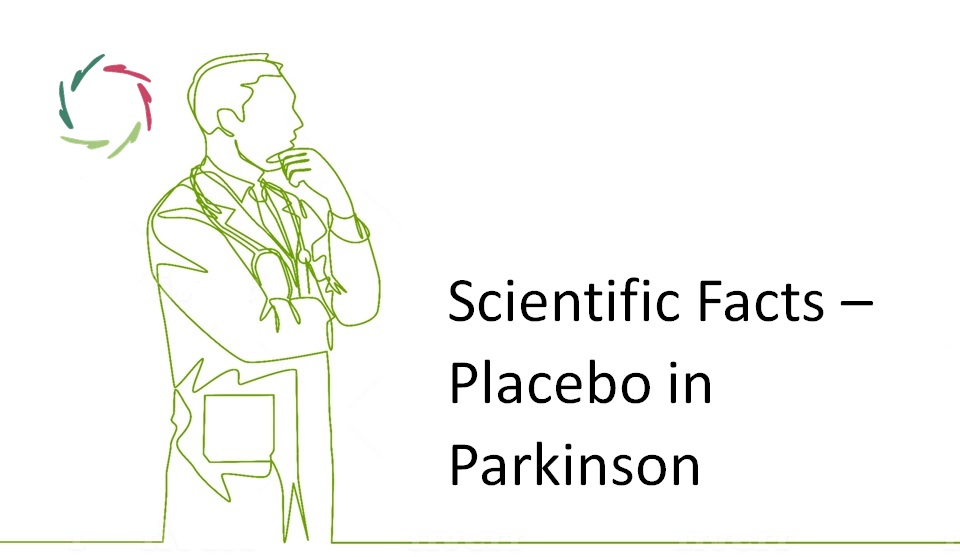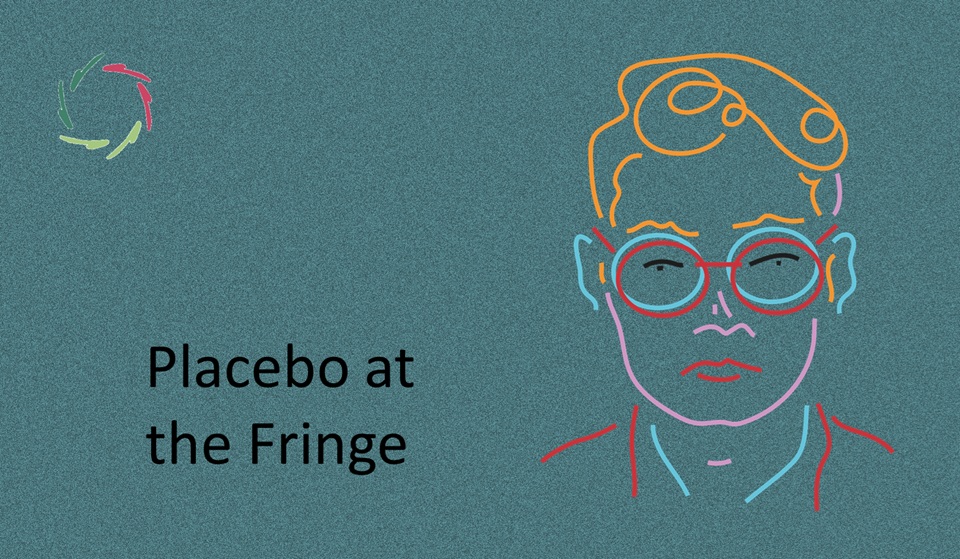Placebo in Parkinson

Placebo effects in Parkinson are particularly interesting since they are substantial and well investigated in many clinical trials with objective measurements of motor performance. Also, the neurobiological mechanisms of placebo effects in Parkinson are fairly well understood. They have been visualized – no surprise to attentive readers of this book – in the brain. They have been analyzed through deep brain electrodes. They have been tested – and found equally active – in several kinds of anti-Parkinson surgery. Moreover, my personal experiences with Parkinson patients have been convincing to me already for a long time.
Parkinson’s Disease is the second most prevalent neurodegenerative disorder in the western world after Alzheimer’s disease. It has a prevalence of 1 in 100 people over the age of 50 [Balestrino et al., 2017]. The diagnosis is usually made in the sixth or seventh decade of life.
In a review of scientific literature, early life stress was found to contribute to the development of learning deficits, anxiety, depression and Parkinson’s disease later in life [Dallé et al., 2018].
Benedetti and colleagues directly compared the effect of open versus hidden administration of active treatments, including subthalmic stimulation for Parkinson’s disease. They found that open treatment led to significantly larger improvement than the same hidden dose [Lanotte et al., 2005].
By using positron emission tomography, de la Fuente-Fernandez et al. found that placebo administration induced the activation of the dopaminergic system in Parkinson patients [de la Fuente-Fernandez et al., 2001].
Different neuroimaging studies have documented an increase of endogenous dopamine release in both the dorsal and ventral striatum through the administration of an inert substance which the patient believes to improve motor performance. Also, single-neuron recordings from the subthalamic and thalamic regions (during the implantation of electrodes for deep brain stimulation) before and after placebo administration show that these brain parts are all involved in the placebo response in Parkinson patients [Frisaldi et al., 2014].
Interestingly, when the assumptions of patients about whether or not they receive actual deep brain stimulation were modulated, their motor performances change accordingly [Pollo et al., 2002]. This also works the other way around, called ‘lessebo effect’ or ‘negative placebo effect.’ Negative expectation related to receiving a placebo instead of active treatment were found in a study to be associated with a clinically significant reduction in the magnitude of benefit from anti-Parkinson medication [Mestre et al., 2014]. Thus far, the lessebo effect has only been evaluated in psychiatry and Parkinson.
In a double-blind trial of human fetal mesencephalic transplantation versus placebo treatment (sham surgery), the investigators also assessed the patients’ treatment assumption [McRae et al., 2004]. There were no differences between the transplant and sham surgery groups on several outcome measures. However, the perceived assignment of treatment group had a beneficial impact on both quality of life and motor outcomes, also at twelve months after surgery, regardless of whether they received sham surgery or fetal tissue implantations.
In Parkinson patients who underwent implantation of electrodes for deep brain stimulation, it was found that placebo administration for the first time induced no neuronal improvement. However, following previous exposures to administrations of the anti-Parkinson agent apomorphine, placebo induced responses that were as large as those to apomorphine itself. These responses following four apomorphine administrations were again elicited after a re-exposure to a placebo 24 h after surgery [Benedetti et al., 2016].
In one study, 26 Parkinson’s patients were randomized to one of three groups: 0%, 50% and 100% assumption of receiving levodopa (anti-Parkinson medication). All subjects received placebo. Cortical excitability was measured by the amplitude of motor potential evoked by transcranial magnetic stimulation. Decrease in cortical excitability, a measure of parkinsonism, was only seen at higher assumptions [Lou et al., 2013].


